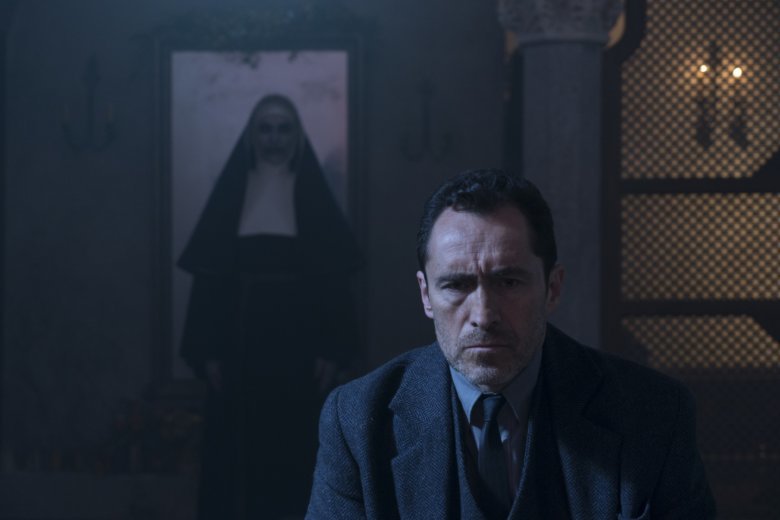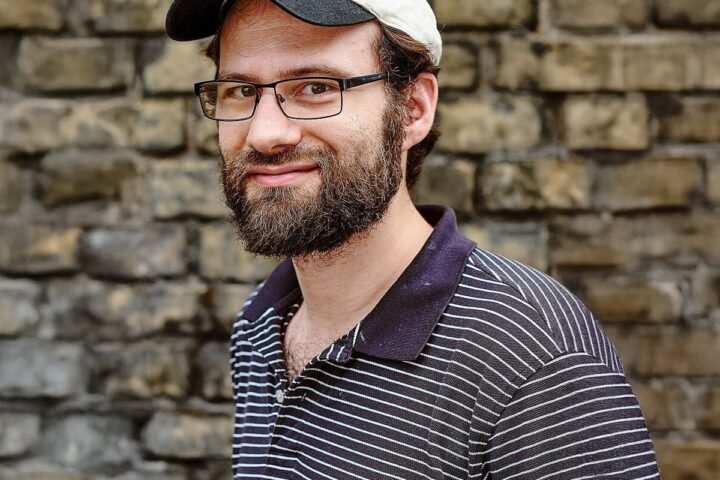For those of you who have not seen the recent movies coming out of Iran, such as “Taxi” and “A Separation,” I suggest you skip the next trip to the local multiplex and spend an evening watching them instead. These excellent films provide an intimate look into Iranian society that is scarcely covered in the news. “The Salesman” is another example of an Iranian made gem that must be watched. This film is an emotionally lacerating and riveting drama that is directed with a patience-rewarding subtlety you will be hard pressed to find in most American movies.
“The Salesman” tells the story of a childless couple in their mid-30s named Rana (Taraneh Alidoosti) and Emad (Shahab Hosseini). Both are actors in a stage production of Arthur Miller’s Death of a Salesman (yes, even under the hardline Islamic regime, Western culture is highly popular in Iran). When Rana and Emad’s apartment is deemed uninhabitable due to an earthquake, they are offered a place by a real estate agent who is part of their acting company. Shortly after moving into their new apartment, they learn the tenant before them worked as a prostitute, a fact the realtor forgot to mention. One night when Emad is out shopping around the corner, Rana leaves the door open so he can get back in while she takes a shower. When Emad returns, he finds the door wide open and blood on the floor, and is told his wife was taken to the hospital. Rana tells Emad she slipped in the shower, but it soon becomes painfully obvious by her emotional reaction that she was assaulted. As Rana becomes increasingly withdrawn from Emad due to the trauma of the attack, Emad becomes more and more obsessed with taking vengeance on the attacker.
Although “The Salesman” has elements of a typical revenge thriller, the film’s director, Asghar Farhadi, focuses on the realism of the situation and the character’s internal struggle. Farhadi’s subtle and unhurried camera movements avoid showing crucial scenes of intense action and instead linger on their aftermath. The scene where Rana is assaulted is an example of this. While Farhadi could have had a nail-biting Hitchcockian shower scene, he instead focuses on the Emad’s reaction upon coming home and slowly piecing together what occurred.
Through Hosseini and Alidoosti’s performances the film is given an emotional gravitas that is subtle, layered and unexpected. As Emad, Hosseini emanates a sense of calm, level-headedness. Even as his character becomes obsessed with finding the attacker he keeps his calm facade. Only during the most fraught moments do we see his pained intensity, at once completely natural and clearly self-destructive. The scene in which he goes off script during a performance to berate the realtor who sold him the apartment is done with reckless force.
Alidoosti as Rana tenderly depicts the slow progress her characters makes after the assault. After the attack, Rana is left powerless. Alidoosti plays this as if she is a vacant shell of her former self. She is easily spooked and fearful of everything around her. The shift in personality that she portrays so well is her recovery and slow re-attainment of the power she lost as a result of the attack. Alidoosti makes her character’s progress almost imperceptible until the very end.
To tell you anymore would be giving away too much of the experience itself. I recommend putting aside any preconceived notions you may have about Iran as a country, and immersing yourself into the story that is both foreign yet oddly close to home.













